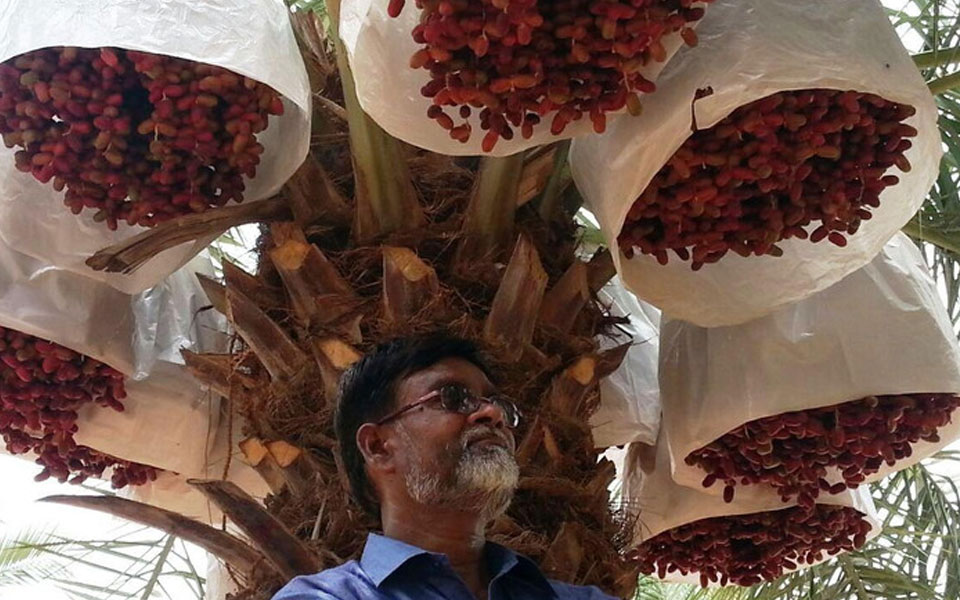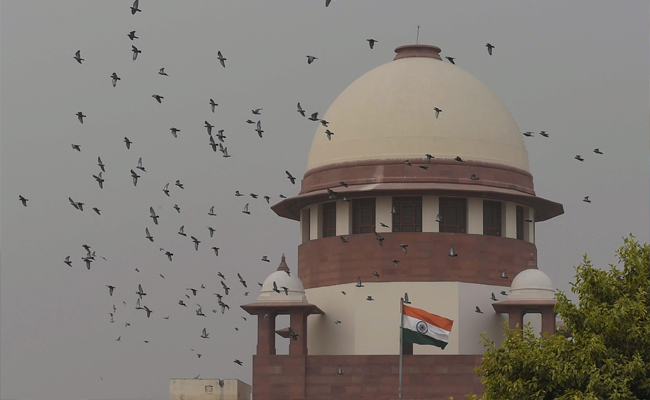In India there is a presumption that good, juicy dates are procured only in the Gulf Cooperation Council (GCC) countries. Little do we know that similar quality dates can be grown in India too.
Though the Kutch region in Gujarat, Punjab and Rajasthan are two major date-growing states, with Gujarat alone home to 2 million date palm trees, Tamil Nadu in south India is fast catching up.
Despite India being the one of the largest importers of dates in the world – around 3.5 million metric tons every year – there is good market for homegrown dates both locally and abroad.
Farm-cum-nursery
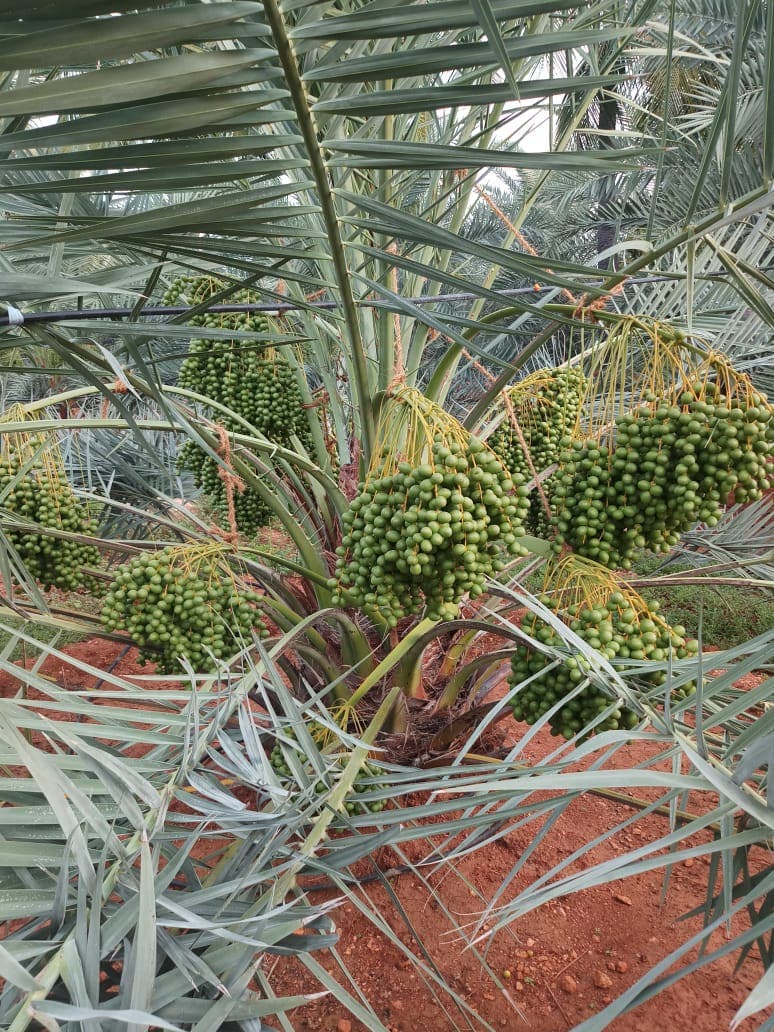
Meet Nizamuddin S., who cultivates 32 varieties of the luscious fruit as well as date palms. His farm-cum-nursery at Ariyakulam in Dharmapuri district in western part of Tamil Nadu literally bears fruits of hard labor and innovation.
The dangling cluster of dates on date palms at his farm are feast for the eyes. Owner of Saliah Dates, Nizamuddin got the idea of cultivating dates while working in Saudi Arabia.
Finest Saudi dates
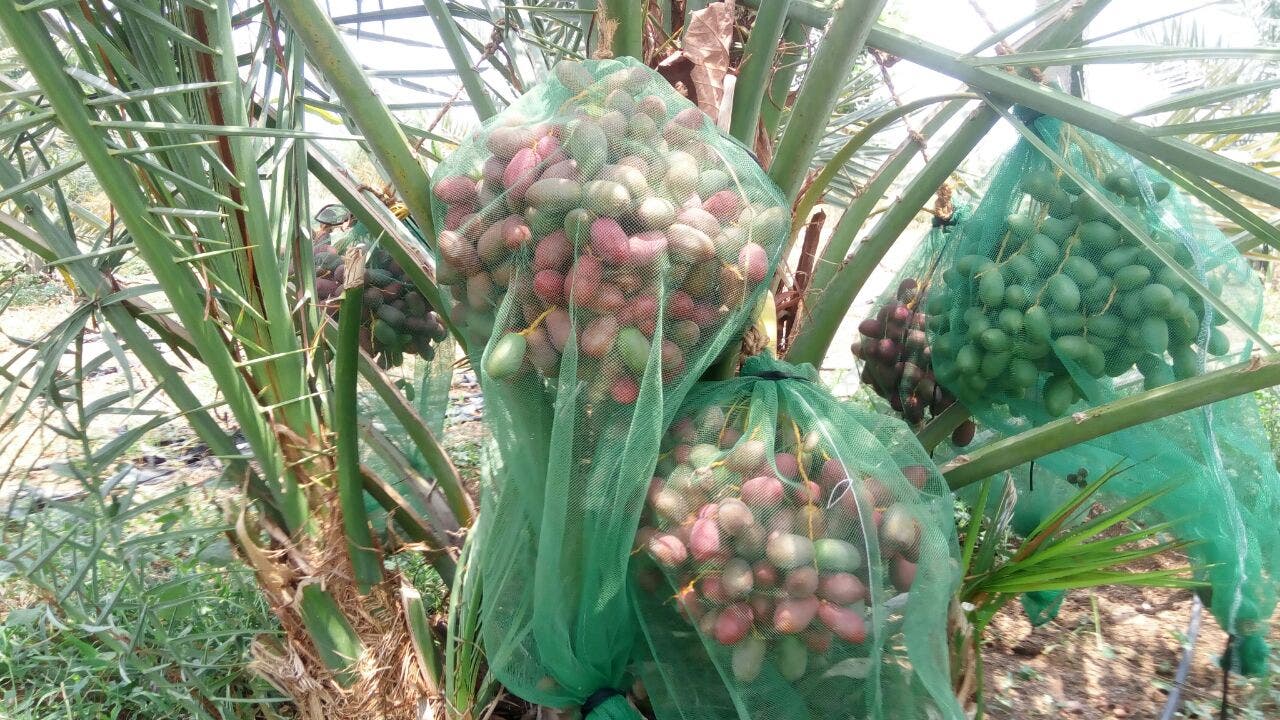
Responding to emails from Al Arabiya English, Nizamuddin said: “Saudi Arabia has the finest dates in the world. One fine day I thought why such dates cannot be grown in India? It seemed possible and I bought 100 plants for testing and the idea blossomed”.
There has been no looking back since then as his nursery-cum-farm now has more than 32 varieties of date palms. One of them is the Barhee dates, which costs Rs. 300 per kilogram. Barhee is the best variety and yields more than 200kg per plant.”
Tamil Nadu is an important state for dates in southern India. Here climate, soil and irrigation facilities in some coastal regions like Tirunelveli, Tuticorin and Ramanathpuram districts favor date palm cultivation.
Tissue culture technology
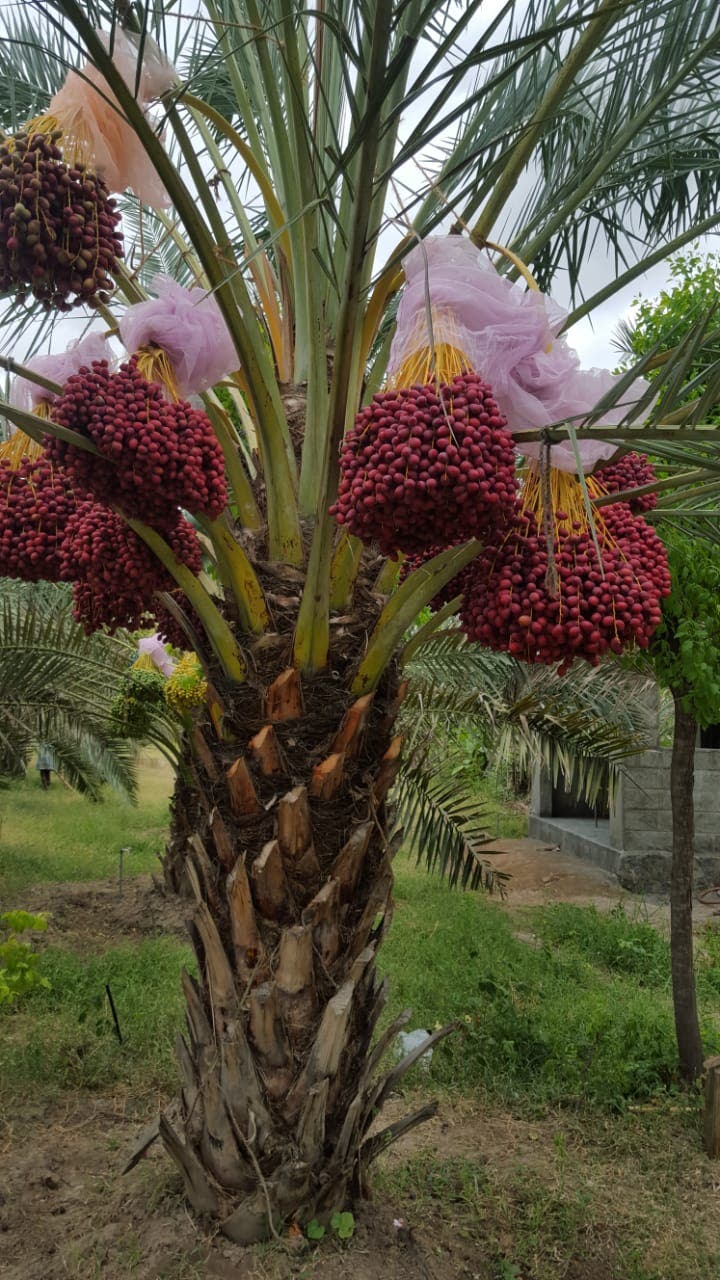
Over decades of cultivation practices followed in different regions, regenerating dates either by seeds or offshoots and trying different imported cultivars, have led to the present date fruits of great variations in size, shape, color, weight, taste and astringency.
Moreover, controlling date palm diseases using methods, which do not pollute soil, plant and products, has not been easy.
The obvious solution was to produce date palms by adopting tissue culture technology, which enables farmers to select only the best trees as every plant produced from the cut stem is genetically identical to the parent tree.
Transforming technology
Nizamuddin is aware that tissue culture can do wonders to the plantation. So he started to import tissue culture plants from abroad where such technologies have been developed.
“Twenty years ago first we tried seedlings. But there was an issue in the sense that we could not differentiate between a male and female plant. Only the female date palm can bear date fruits. But with tissue culture the plant is 100 percent female and we can get yield by 2 1/2 years”, says Nizamuddin.
“We import such plants from Abu Dhabi and sell all over India. We are soon planning to introduce new varieties. Ajwa dates are our first priority. Depending on how successful the yield is we will go for further new varieties. On the anvil are making different types of food products with dates like date syrup, chocolates, etc.”
courtesy: english.alarabiya.net
Let the Truth be known. If you read VB and like VB, please be a VB Supporter and Help us deliver the Truth to one and all.
Nagpur: The Nagpur bench of the Bombay High Court upheld the conviction of a man accused of raping a 35-year-old woman in 2017, rejecting his argument that the delay in filing the First Information Report (FIR) indicated false allegations. Justice Govind Sanap observed that a rape survivor in shock cannot be expected to travel alone at night to a police station to report the crime.
The court noted that the survivor lodged her complaint at 6 am the next morning, which was consistent with her situation and conduct. “The victim was helpless. One can visualise the pain, agony, and trauma she suffered due to such an outrageous act. It was night, and the police station was 15 km away. In such a state of mind, it is unreasonable to expect her to travel alone at night to lodge a complaint,” Justice Sanap stated.
The detailed order, passed on December 20, 2024, became available on January 22, 2025. The court further observed that the survivor went to the police station the next morning accompanied by a friend, reflecting her need for support in the crisis. “The delay in filing the FIR does not weaken the prosecution’s case,” the judge added.
The survivor testified that the incident occurred on March 25, 2017, at her home in a village in Amravati district. She said the accused, a known person, attacked her in the courtyard. Although she managed to escape and call a friend, the man followed her into the house and raped her. The friend later confronted the accused, who fled. The next day, the friend accompanied the survivor to lodge the complaint.
Justice Sanap emphasised the importance of considering the trauma and sociological factors surrounding the survivor’s experience. “No self-respecting woman would voluntarily make a humiliating statement against her honour. The inherent bashfulness of females and their tendency to conceal sexual aggression are critical factors that cannot be overlooked,” he said.

